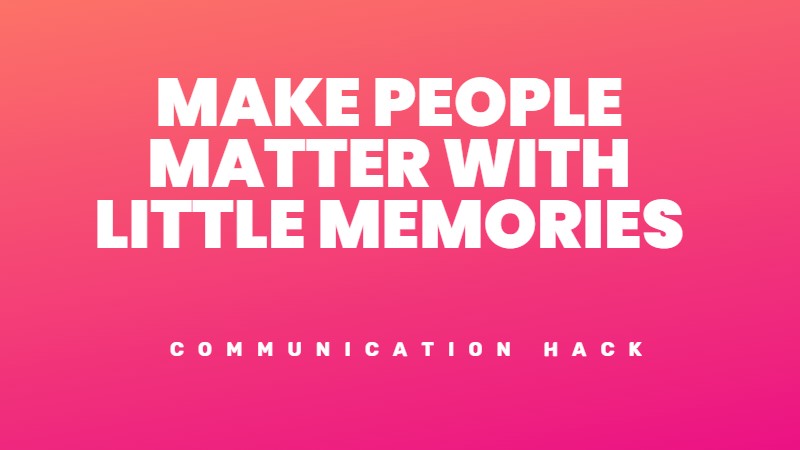A surprisingly potent technique can significantly enhance your ability to commit new knowledge to memory.
Studies have demonstrated the remarkable benefits of incorporating 10-15 minutes of quiet rest immediately after studying new material. During these breaks, minimize all forms of mental stimulation. Avoid checking email, scrolling through your phone, or engaging in focused thinking. Simply relax in a calm environment with dimmed lights.
The science behind this technique lies in memory consolidation. After initially acquiring information, our brains strengthen the neural connections associated with the new memories. While this occurs during sleep, research shows it also happens during periods of wakeful rest. Reducing interference enhances communication between the hippocampus, where memories first form, and the cortex, allowing the brain to cement the newly learned material into long-term storage.
Experiments found that memory performance increased by 50% in groups that rested after learning, compared to only 28% in groups given no break. Even more impressively, in tests an hour later, those allowed to rest recalled 11 times more information from stories they had listened to.
So next time you need to master new information – whether studying for an exam, learning a language, or memorizing a presentation – punctuate your learning sessions with short rest breaks to unlock an extraordinary capacity to retain knowledge. Remember, occasionally pausing your mental gears will impact your ability to recollect critical information later. Sometimes, doing nothing proves the key to accomplishing more.




Leave feedback about this